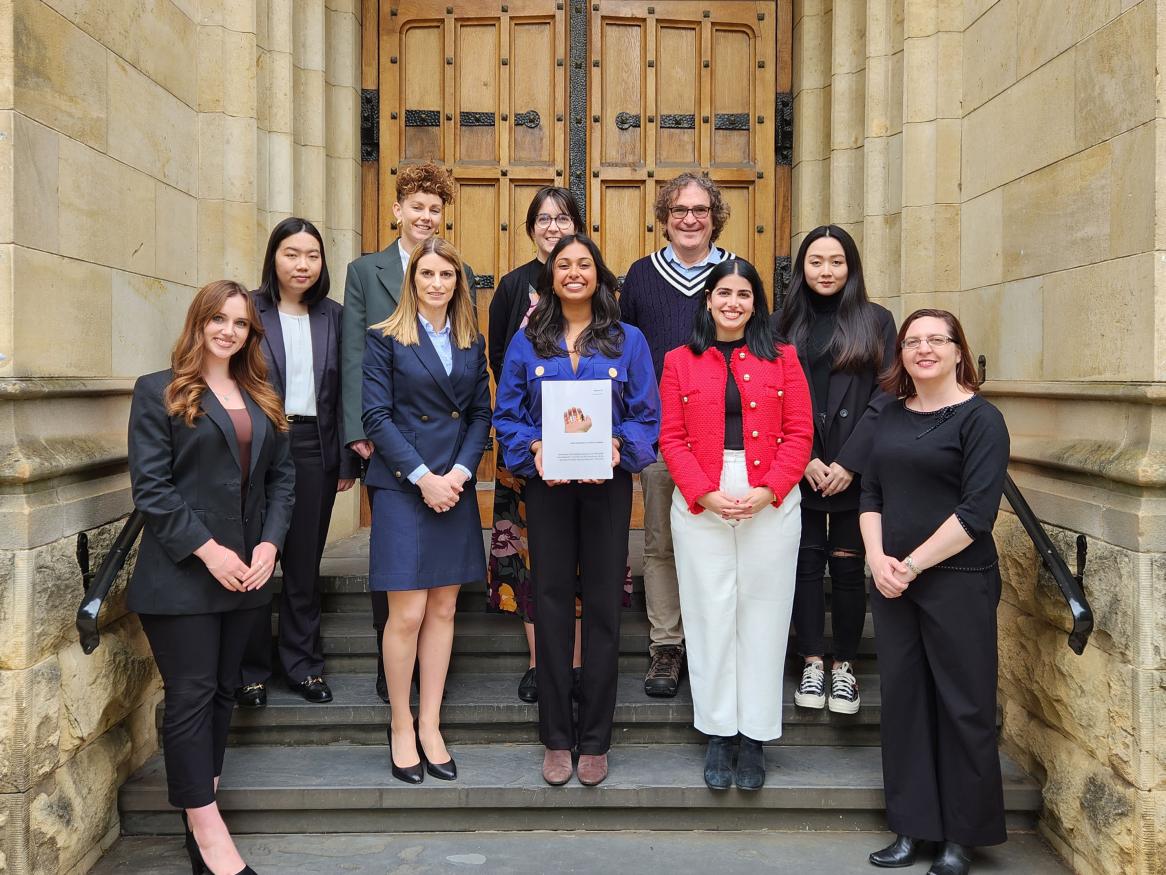Law Reform
Reform of the law allows for modernisation of the law; elimination of defects in the law; simplification of the law; consolidation of any laws; the repeal of laws that are obsolete or unnecessary; and allows for uniformity between laws of other States and the Commonwealth. These are the objectives of the South Australian Law Reform Institute (SALRI).
SALRI is an independent impartial law reform body based at the Adelaide Law School which presents to Government recommendations for suitable law reform on a particular topic based on its wide research and consultation.
SALRI examines often complex and sensitive topics at the request of the South Government or other interested parties to see if changes to present law or practice may be appropriate. SALRI undertakes independent, considered, non-partisan reviews into various areas of South Australian law. By examining the law and practice in South Australia, engaging with experts, interested parties and the community to give voice to their experiences and thoughts around various areas of the law, SALRI uses this information to inform the development of recommendations to either improve existing law or establish new laws. SALRI is committed to impartial, active and inclusive consultation, notably with regional and Aboriginal communities.
Our research institute
Our projects
Our researchers are making a difference in the real world of law. In its 12 years of operation, SALRI has had considerable output and impact. SALRI makes a real difference to the law through undertaking extensive projects to review South Australian law and practice and make suggestions for suitable reform. Many of SALRI’s past reports, in diverse areas such as discrimination, the repeal of the partial defence of provocation, defences for victims of family violence, surrogacy, abortion, succession law and the forfeiture rule in unlawful homicide, have been largely accepted by the Government of the day and Parliament and form the basis of new laws that now exist in these areas.
-
Our researchers
- Professor John Williams
- Associate Professor David Plater
- Dr Sylvia Villios
- Anita Brunacci
- Divya Narayan
- Olga Pandos
- Hon Geoff Muecke
- Taylor Portelli



